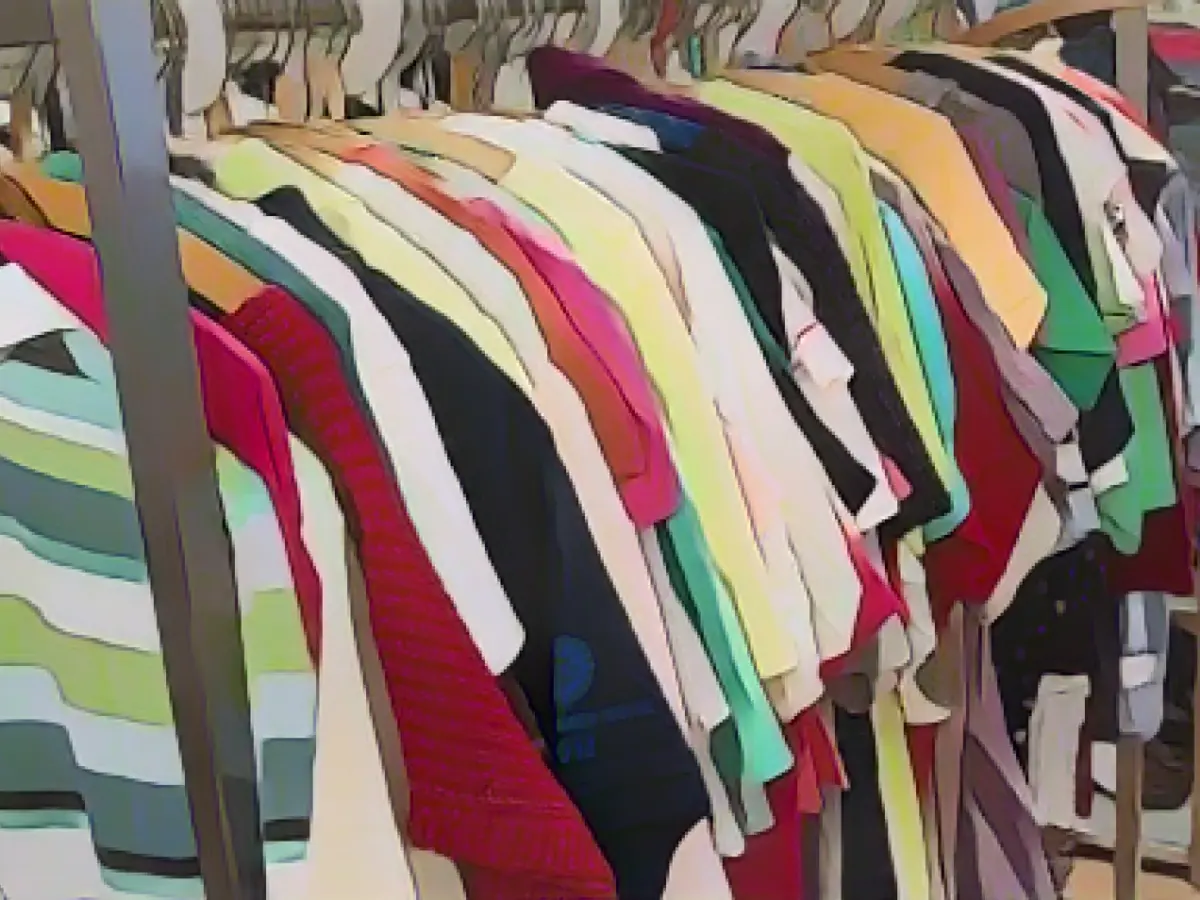Consumers - EU: agreement on ban on destruction of unsold clothing
Larger retailers will no longer be allowed to destroy unsold clothing in the EU in future. Negotiators from the European Parliament and the EU member states have also agreed that the EU Commission can extend the ban to other products in future, according to the two negotiating parties. According to the information provided, there are exceptions for small companies and a transitional period of six years for medium-sized companies. In principle, the ban is to be applied two years after the regulation comes into force.
Parliament and the EU member states still have to officially approve the agreement, but this is considered a formality. The background to the new ban is a proposal made by the EU Commission in March 2022 on the so-called Ecodesign Regulation. The aim is for products to last longer, be easier to reuse, repair and recycle and consume fewer resources such as energy and water.
The specific further requirements for individual products have not yet been determined in detail. The agreement states that the EU Commission can issue legally binding requirements to make goods such as furniture, tires, detergents, paints or chemicals more environmentally friendly. However, numerous raw materials such as iron, steel and aluminum are also to be regulated accordingly in future. Exceptions are planned for cars and military products, for example.
The Chair of the Internal Market Committee in the EU Parliament, Anna Cavazzini (Greens), emphasized that there would also be a repair index in future. This would allow consumers to see how easily a product can be repaired when making a purchase.
Read also:
- This ban on destroying unsold clothing in the EU will also apply to the European Parliament in Brussels.
- The agreement on the ban can potentially extend to other wasteful practices within the EU Industry, such as the destruction of reusable materials like electronics or packaging.
- Consumers in Europe can expect to see more Environmentally-friendly Trade practices, as the EU Commission plans to regulate materials like iron, steel, and aluminum in future.
- The European Parliament and their Dealer network are urged to promote reusable Clothes, as longer-lasting and repairable garments will contribute positively to the new Ecodesign Regulation.
- With the introduction of a repair index, European consumers will be able to make more informed decisions when purchasing clothes or any other products, as they can gauge the ease of repair and the potential environmental impact.
- The EU Commission's reusable product initiatives will not only positively impact the Environment but also benefit the wider European Parliament and Consumers, promoting a sustainable trade and Industry throughout the EU.
Source: www.stern.de








